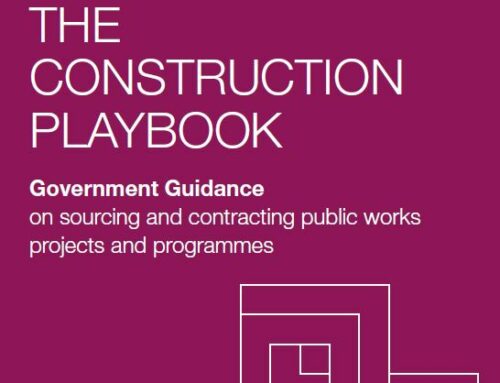The 45,000 employees of Interserve, along with its suppliers and clients are now facing a period of difficult uncertainty as they wait to see how they are affected by the pre pack administration.
They can take some reassurance from the new legal entity’s “business as usual” message but it may not be business as usual for everyone because that’s what got them into this situation. It is inevitable that significant changes will be made if Interserve is to trade out of its situation.
It is just over a year since the collapse of Carillion, which was the catalyst for clarion calls to reform public procurement of construction and outsourcing contracts. Those calls highlighted the need for immediate reform in an industry where multi million pound contracts with the tiny profit margins had become the norm. This is compounded by a sector that is seeing almost zero growth putting more pressure on contractors to bid at bargain basement prices supported by a supply chain that needs the business.
It still feels like there is a lot of talk and good ideas but not much actual change. A number of reports and reviews were published last year urging change, but it is taking time for any of those recommendations to translate into practice.
Last year’s Hackitt Review, commissioned in the wake of the Grenfell Tower tragedy, recommended that procurement processes should “obtain best value, rather than lowest cost”.
The Government’s Transforming Innovation (TIP) and Performance plan aims to lift productivity growth by the adoption of digital and manufacturing technologies and transitioning to new collaborative business models with better integrated supply chain models.
The Institution of Civil Engineers Project 13 industry wide change programme recommends better ways of delivering infrastructure that encourage innovation and deliver better outcomes with reduced waste. It is an industry wide change programme to radically reshape the nature of project delivery moving from traditional transactional arrangements to an integrated enterprise model.
These are just some examples of well received proposals for reform in the last year. If the industry wants to avoid another large contractor collapsing it needs to start adopting these new approaches, fast.
This is a critical time for UK construction and clients, contractors and the entire supply chain need to respond and put these new approaches into action. It only needs a few early high profile successes to start the momentum required to succeed and bring security to the 2.7 million people who work in the industry in the UK.






